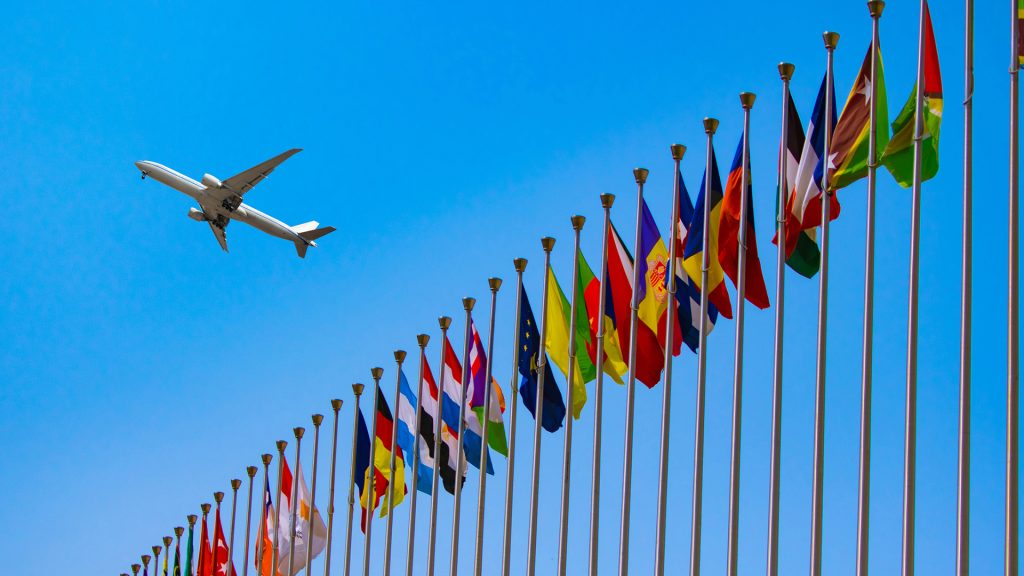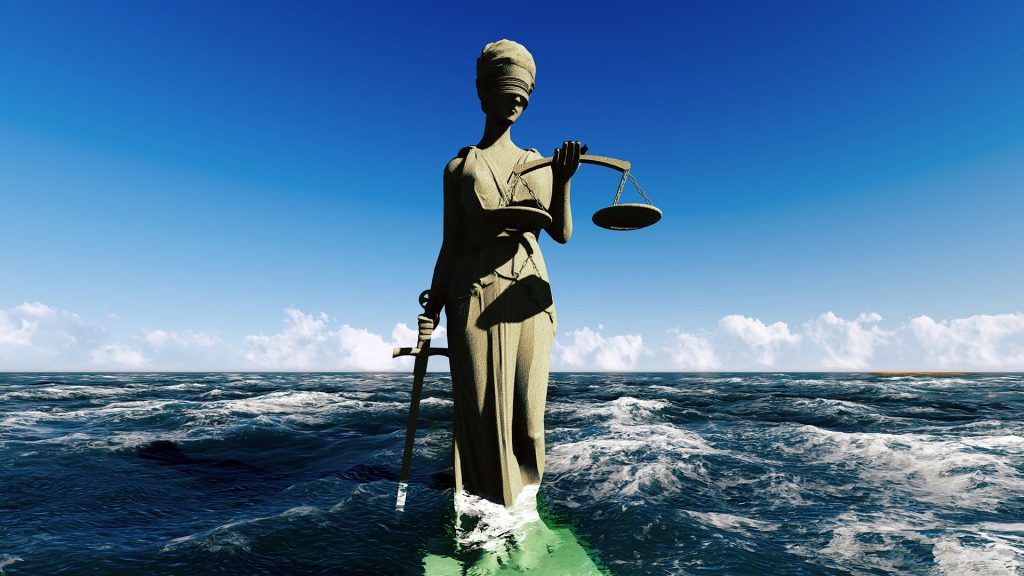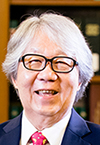Looking to 2022: Celebrating the Year’s Three Anniversaries by Prof Tommy Koh
December 22, 2021

The last two years have brought untold pain, sorrow and destruction to the world. With vaccination and other preventive measures, I see light at the end of the tunnel. We need good news to restore our morale. I have therefore decided to write a positive essay about 2022. In 2022, we will celebrate the 40th anniversary of the UN Convention on the Law of the Sea, the 30th anniversary of the Forum of Small States and the 25th anniversary of the Asia-Europe Foundation.
UNCLOS at 40
The UN Convention on the Law of the Sea or UNCLOS, in short, was adopted in 1982, after nine years of negotiation. It came into force in 1994. It has 168 parties, including the European Union. There is a Singapore Connection to UNCLOS. In the final year of the conference, I was elected as its president.

Why is UNCLOS an important treaty?
It is an important treaty for several reasons.
First, the oceans cover 70 percent of the earth’s surface. It is a source of food for the people of the world. It is the highway for shipping and maritime trade. It functions as the blue lung of the planet. UNCLOS seeks to regulate all aspects of the uses of the oceans and their resources.
Second, UNCLOS has given the world clear legal rules on the maximum breadth of the Territorial Sea, the fishing rights of costal stress, special regimes of passage for ships and aircraft through and over international straits and archipelagos, etc.
Third, UNCLOS is a victory for international cooperation, for multilaterism and for the rule of law. Because of UNCLOS there is peace of sea.
FOSS at 30
The United Nations has 193 members. The majority of the members are small countries. The world favours the big and strong. Small countries often feel that they are being treated as second class citizens. A glaring sample of this inequality can be seen in the composition of the UN Security Council. The five permanent members, USA, China, Russia, France and UK are big countries.
In 1992, Singapore took an important initiative at the UN. It established the Forum of Small States. Any country whose population is below 10 million is eligible to join.
FOSS has 108 members. This is more than half the membership of the UN. Since every country has one vote at the UN, the combined voting power of FOSS gives it salience. Before FOSS, it was difficult for small countries to get elected to various UN bodies. It is less difficult now.
By joining forces, FOSS has empowered small countries in other ways. The big countries can longer afford to ignore the small countries. The senior officials of the various international organisations welcome opportunities to meet with FOSS. FOSS has amplified the voices of the small countries. It has also strengthened the negotiating leverage of small countries. We still live in an unequal world. FOSS has made it a little less unequal.
ASEF at 25
The second Prime Minister of Singapore, Mr Goh Chok Tong, is responsible for many important international initiatives. One of them is the Asia-Europe Meeting or ASEM. Mr Goh felt that it was strategically important to build a bridge linking Asia and Europe. He proposed a summit meeting between the leaders of Asia and Europe. This was held in Bangkok in 1996.
At the ASEM summit, in Bangkok, PM Goh proposed the establishment, in Singapore, of the Asia-Europe Foundation. The proposal was adopted by the summit. The objective of the foundation is to promote better mutual understanding between the people of Asia of Europe. We seek to achieve this objective by bringing together the students, youth, intellectuals, artists, parliamentarisms, think-tanks, universities, museums, etc. from the two regions.
I was appointed as the first executive director of ASEF. My deputy was from France. My other senior colleagues came from Germany, UK, and China. We were energized by our historic mission. I was in Europe almost every month, helping to organize inter-regional meetings or speaking to conferences. It was a very busy period of my life.
During my tenure, ASEF had 13 Asian members and 15 European members plus the European Commission. Today, ASEF has 21 Asian members and 30 European members. The substantial increase in its membership is one indication of the success of ASEF.
About the Author
 Professor Tommy Koh is Professor at NUS Law, and the Rector of NUS Tembusu College. He is also Ambassador-at-Large at Singapore’s Ministry of Foreign Affairs; Chairman of the Centre for International Law of NUS; and Special Advisor of the Institute of Policy Studies at NUS. A veteran diplomat and academic, Prof Koh’s former roles include being Dean of NUS Law (1971-1974), Singapore's Permanent Representative to the United Nations (1968-1971 and 1974-1984), and Singapore’s Chief Negotiator for the US-Singapore Free Trade Agreement (2000-2003).
Professor Tommy Koh is Professor at NUS Law, and the Rector of NUS Tembusu College. He is also Ambassador-at-Large at Singapore’s Ministry of Foreign Affairs; Chairman of the Centre for International Law of NUS; and Special Advisor of the Institute of Policy Studies at NUS. A veteran diplomat and academic, Prof Koh’s former roles include being Dean of NUS Law (1971-1974), Singapore's Permanent Representative to the United Nations (1968-1971 and 1974-1984), and Singapore’s Chief Negotiator for the US-Singapore Free Trade Agreement (2000-2003).
Looking to 2022 is a series of commentaries on what readers can expect in the new year. This is the first installment of the series.

